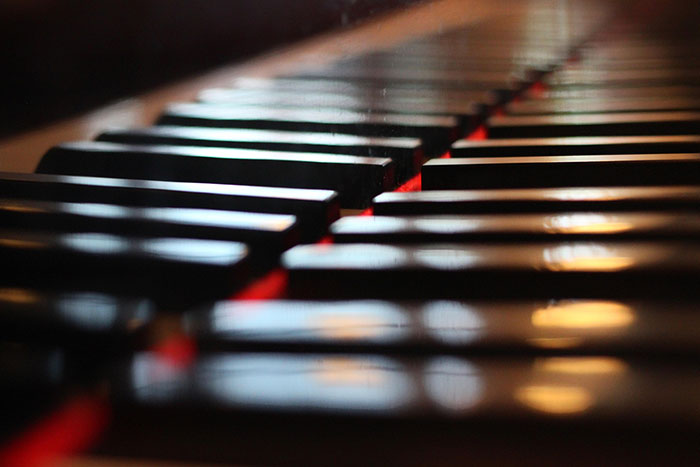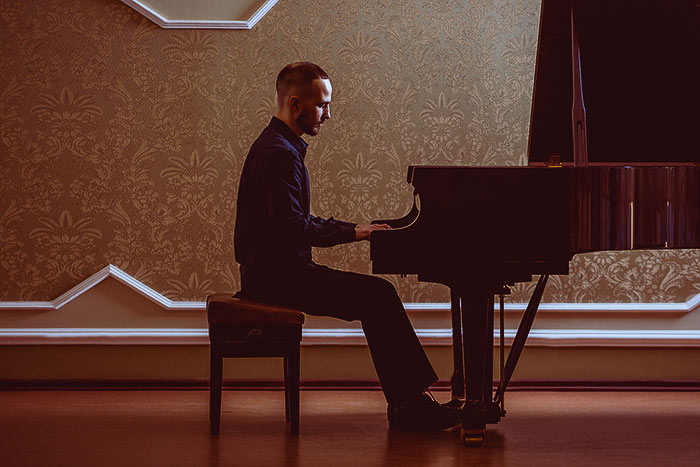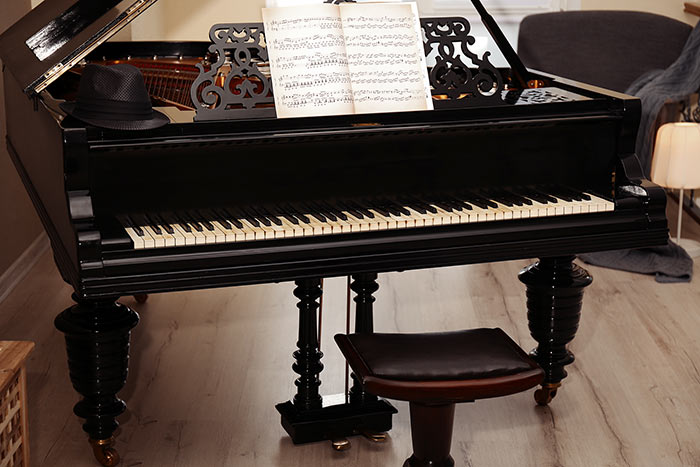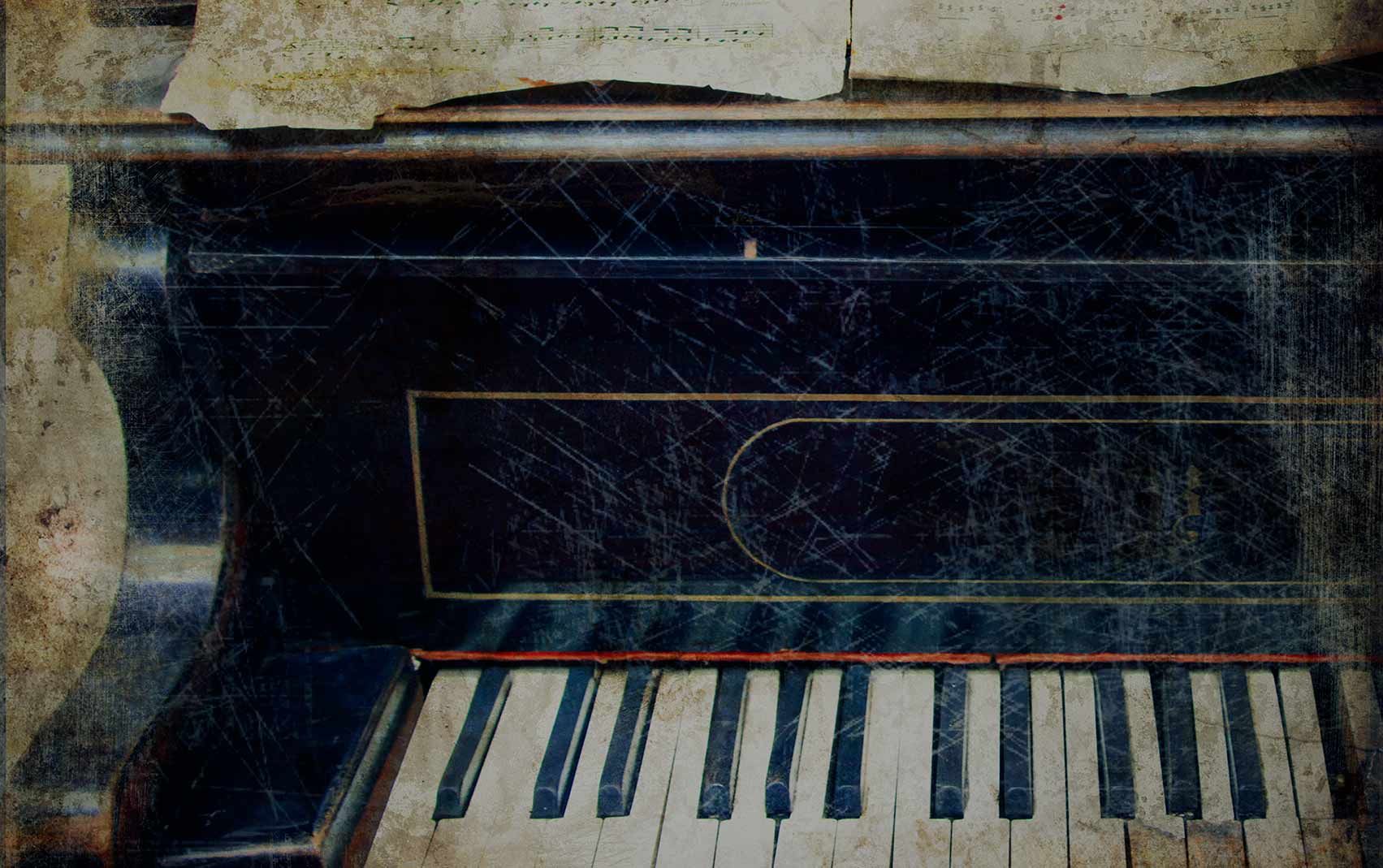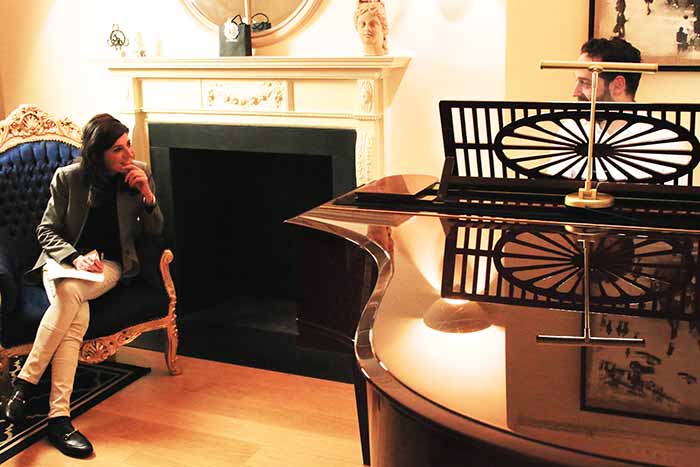About Xinyue
Xinyue, a renowned classical piano teacher at London Piano Institute, brings over a decade of experience, remarkable skills, and awards to inspire students.
Stefan Joubert: What advice would you give to an adult who has never played the piano but is interested in learning?
Xinyue: Set clear goals: Determine what you want to achieve with your piano playing. Do you want to learn a specific song, play for leisure, or pursue more advanced levels? Setting goals will keep you motivated and focused.
Start with the basics: Begin by learning the fundamentals of piano playing, including proper hand positioning, posture, and basic music theory. Familiarise yourself with the layout of the keyboard and the names of the keys.
Enjoy the process: Remember that learning to play the piano is a journey meant to be enjoyed. Embrace the process, have fun, and let the music bring you joy. Celebrate your progress, no matter how small, and take pleasure in the beautiful sounds you create.
Stefan Joubert: What is your favourite memory from your time as a piano student?
Xinyue: When I was diligently practicing a challenging piece for weeks. The day finally arrives when I have my piano recital in front of a supportive audience. As I sit in front of the grand piano, I feel a mixture of nerves and excitement.
Taking a deep breath, you begin to play. With each keystroke, the melody resonates through the room, capturing the attention of everyone present.
As I progress through the piece, I find yourself immersed in the music.
My fingers effortlessly glide over the keys, and I feel a deep connection with the music. Time seems to stand still as I pour my heart and soul into every note. The audience is captivated, their eyes fixed on you, their applause echoing in the air. In that moment, I realise the power of music to touch hearts and bring people together.
Stefan Joubert: What is your first step when beginning work on a new piece?
Xinyue: Familiarise myself with the piece: Start by listening to recordings of the piece or finding performances online. This will give me an idea of the overall sound, interpretation, and style.
Pay attention to the dynamics, phrasing, and any nuances that make the piece unique. And then study the sheet music: Obtain the sheet music for the piece and carefully study it.
Look for key signatures, time signatures, tempo markings, and any performance instructions provided by the composer. Take note of the overall structure, sections, and recurring themes. Analyse the technical and musical challenges: Identify any technical challenges in the piece, such as difficult passages, fast runs, or complex rhythms.
Consider the musical challenges as well, such as expressing different moods, dynamics, or articulations. Understanding the challenges beforehand will help me plan my practice approach.
Stefan Joubert: Do you prefer working on technique separately or in conjunction with the pieces?
Xinyue: In reality, a combination of both approaches is often beneficial. Supplementing focused technical exercises with technical work within the repertoire can provide a comprehensive approach to piano practice.
This allows pianists to build technical proficiency while also applying those skills in a musical context. It’s important to note that technique serves as a means to express music, so it’s essential to integrate it into the overall musical interpretation.
The ultimate goal is to achieve a balance between technical mastery and musicality, ensuring that the technical elements enhance and support the musical expression.



